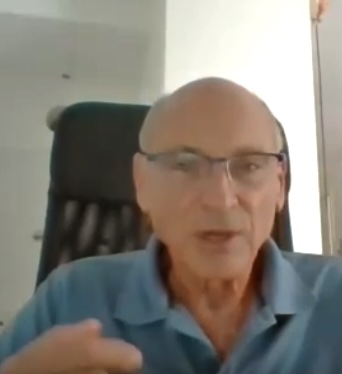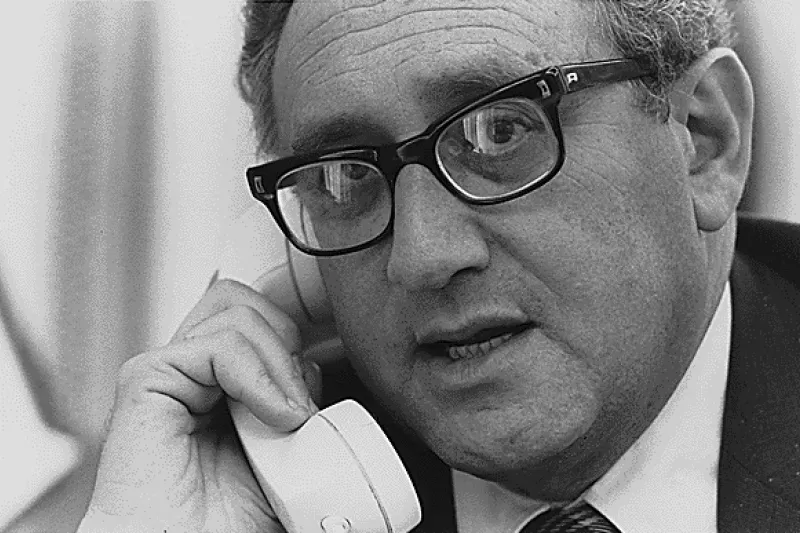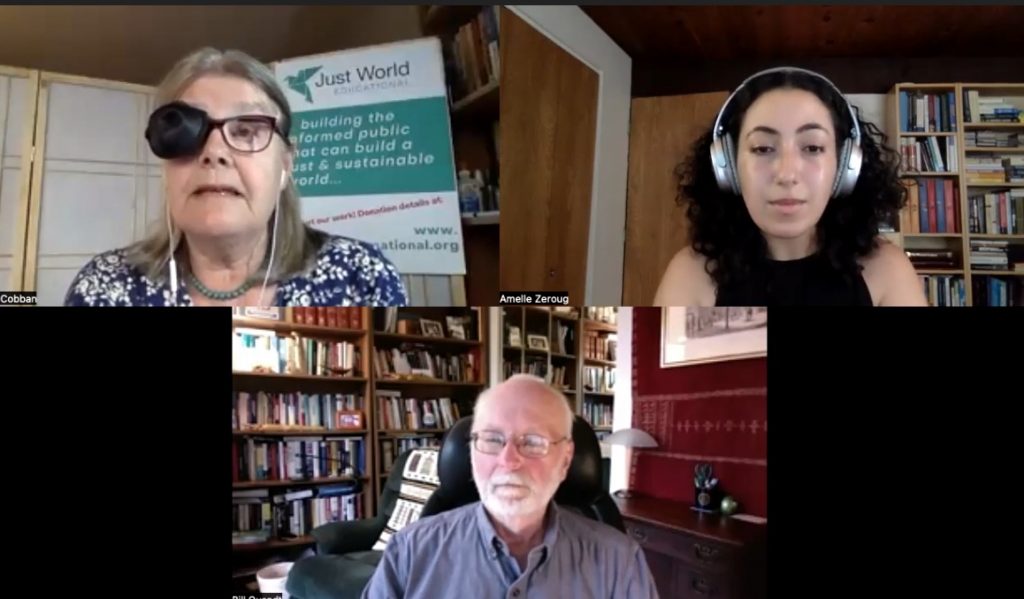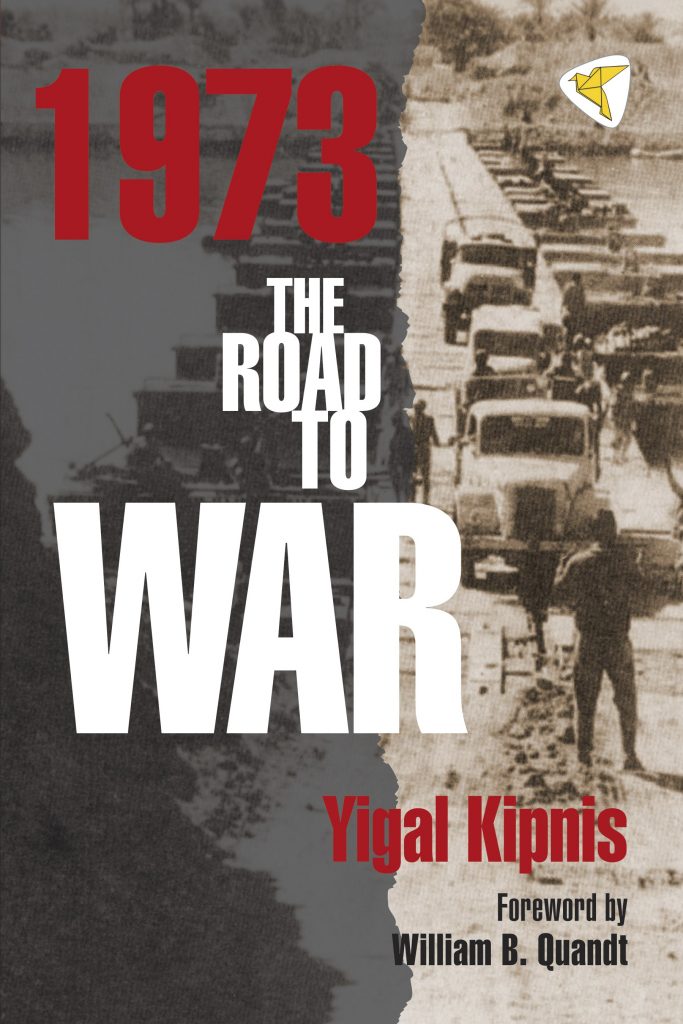November 29 saw the passing, at age 100, of Henry Kissinger, who was the most powerful figure in U.S. diplomacy in the Nixon and Ford administrations. He was Pres. Nixon’s National Security Advisor from January 1969 until Nixon’s resignation in November 1975. In September 1973, as the Watergate scandal was starting to build up around Nixon, Nixon (unprecedently) gave Kissinger the additional role of Secretary of State, in which he was confirmed by the Senate. After Nixon’s resignation in August 1974, Kissinger continued in both roles under Pres. Ford. Ford replaced him as NatSec Advisor in November 1975 but he continued as Secretary of State until Ford’s term ended in January 1977.
Kissinger had great impact on world affairs by virtue of the role he played in preparing Nixon’s 1972 resumption of relations with the People’s Republic of China, which certainly transformed the global balance. However, by most accounts it was Nixon himself who was the main force in driving that policy switch, as also in Washington’s moves towards codifying the policy of détente with the Soviet Union and trying to find a way to exit the war in Vietnam that would cause the least possible harm to U.S. interests. By contrast, in the field of U.S. policies toward Israel and the rest of West Asia (the Middle East), it seems to have been Kissinger himself who was much more driver of those policies.
In today’s Haaretz, the veteran analyst Aluf Benn has a thoughtful reflection on the role Kissinger played in the 1970s. He writes,
More than any other person, Kissinger set Israel’s special status in America’s foreign policy, as a state exempt from abiding by norms the U.S. demands of others in two areas: possessing nuclear weapons and a prolonged occupation of territories accompanied by the denial of their residents’ rights.
(All of Benn’s article is worth reading.)
Here at Just World Educational, we have recently presented two programs very relevant to any consideration of Kissinger’s legacy in West Asia. In Summer 2022, we produced a multimedia information package on Israel’s nuclear-weapons program, in which JWE President Helena Cobban, who has published several articles on this topic over the years, discussed what is known about this topic, and official Washington’s clear connivance with Israel regarding it, with Dr. William B. Quandt, who was a key Middle East advisor on Kissinger’s staff from Summer 1972 through Summer 1974 and was later the principal Middle East advisor in Pres. Jimmy Carter’s White House, and with JWE Program Assistant Amelle Zeroug.
In that information package, you can find:
- a link to a video of their 78-minute conversation
- a fairly substantial digest of their conversation
- links to numerous related resources (including those related to the fate of the key Israeli nuclear whistleblower, Mordechai Vanunu), and
- a couple of related images.
Then in late September of this year, we presented an analogous multi-media package, this time focusing on the diplomacy around the 1973 Arab-Israeli war (and the notable lack of diplomacy that had preceded it.)
In this package, the focal point was a video conversation that Ms. Cobban conducted with William Quandt and with the Israeli historian Dr. Yigal Kipnis. In 2013, Ms. Cobban’s publishing company, Just World Books, had published a key work by Dr. Kipnis, 1973: The Road to War, in which he traced the many overtures Egypt’s Pres. Anwar Sadat had made to Henry Kissinger throughout 1973, in a determined attempt to get Egypt’s diplomacy with Israel restarted on the basis of the well-known “land for peace” formula that the U.N. had adopted back in 1967. (Israel had been in military occupation of Egypt’s Sinai Peninsula– and of other Arab lands– since 1967.)
Kipnis’s 2013 book tracked the steadfast way in which Israeli PM Golda Meir had blocked all of Sadat’s peace overtures in the months preceding October 1973– as well as the degree to which Kissinger had backed up her obduracy. William Quandt contributed a Foreword to that book.
As another decade rolled around since the war of October 1973, Dr. Kipnis found another trove of recently declassified Israeli state documents, which revealed additional layers of Israeli-American connivance in the periods preceding and during the war. He contributed a chapter summarizing these new findings to a new volume, The 1973 Arab-Israeli War, edited by Galen Jackson, that was released on September 15. Dr. Quandt also contributed a chapter to the new book.

In Just World Ed’s multimedia package, “The October War, 50 years later”, you can find:
- a link to the video of the September 2023 Quandt-Kipnis-Cobban conversation,
- the complete transcript of that conversation, and
- links to a rich collection of related materials.
Finally, as an additional antidote to the numerous somewhat laudatory commentaries now being published about Kissinger’s life and legacy, we direct your attention to this timely release by the National Security Archive at George Washington University of a trove of “Previously Secret Records on Kissinger’s Role in Secret Bombing Campaigns in Cambodia, Illegal Domestic Spying, Support for Dictators, and Dirty Wars Abroad.”



